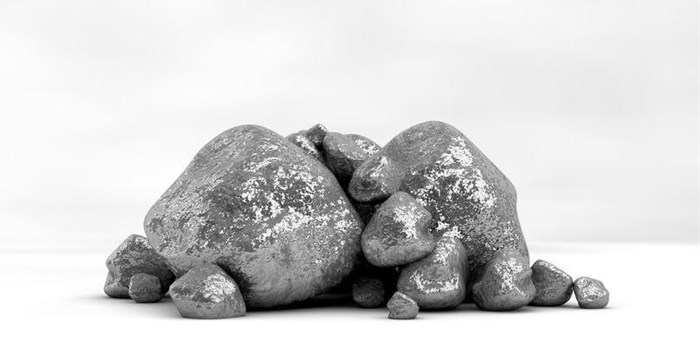South Africa and Russia have discussed various options to preserve the value of platinum, says Mineral Resources Minister Gwede Mantashe.
“We looked into various options that can be used to [utilise] platinum… different technologies that are being developed for the consumption of platinum. [Those are] the interventions on the demand side of platinum,” Mantashe said.
South Africa accounts for almost 90% of global platinum reserves.
The Minister was addressing the media after his meeting with the Minister of Natural Resources and Environment of the Russian Federation, Dmitry Kobylkin.
The meeting was part of the third South Africa-Russia platinum group metals (PGM) Conference held at Mintek, Johannesburg.
The conference agreed on the need to increase the demand for PGMs and develop alternative uses of the minerals. This includes in fuel cell technology, jewellery fabrication, as well as investment applications. The two countries also shared innovation in mineral processing, including South African technology in water and energy efficient technologies being developed at Mintek.
Mantashe said Mintek is conducting research on a number of alternative uses for platinum.
The minister said he hopes that South Africa and Russia can work together in the promotion of PGMs internationally and that the two countries can cooperate in maintaining the value of PGMs.
“Let’s work together to protect platinum, increase its demand and ensure that we preserve a good price for platinum,” he said.
MoU
The two countries also recommitted themselves to the continued implementation of the memorandum of understanding (MoU) on PGMs.
The MoU was signed in 2013 on the sidelines of the Brics Summit in Durban and resulted in the creation of a joint working group on PGMs between the two countries.
“In order to further sustain our mining, we must strengthen collaboration in the exploration and geological spheres. In this regard, we intend to partner with Russia in the area of airborne geophysics.
“In order to make a sustainable difference, we must make our MoU implementable, and continuously work to strengthen our partnership, including the exchange of knowledge and skills transfer,” Mantashe said.
The two countries further engaged on risks to the growth and sustainable development of the sector, including the illicit trafficking of raw PGMs.






















































